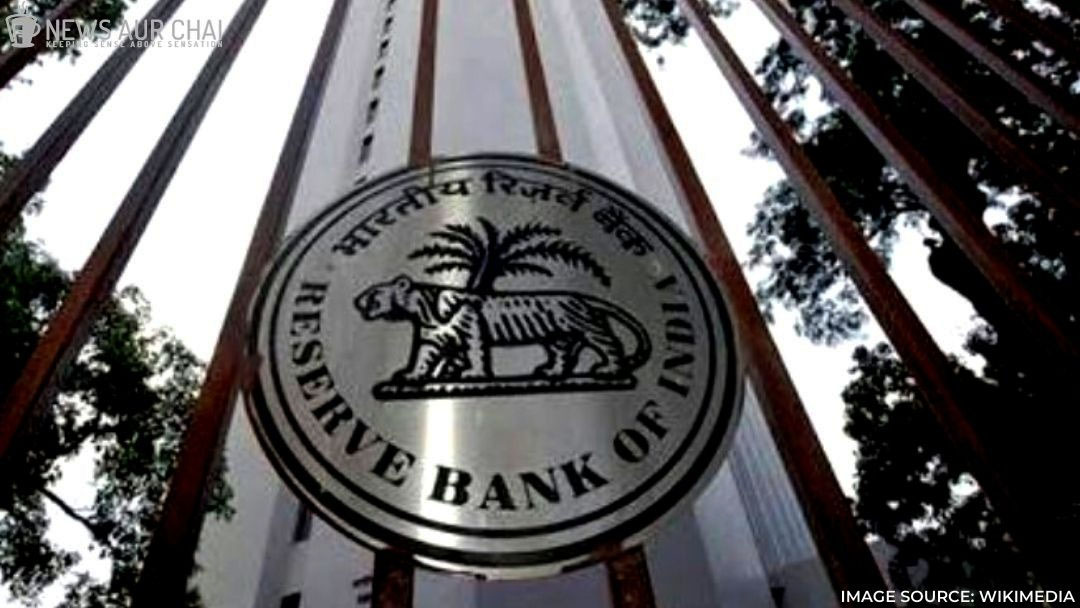
Dr. Tedros Adhanom, the Director-General of the World Health Organization (WHO), during a briefing on April 27, 2020, said, “The pandemic (COVID-19 outbreak) is far from over.” His statement seems appropriate as the active cases across the world stand above 2.8 million, and the number of deaths is nearing two lakh with 213 countries being affected.
On the same day, the Reserve Bank of India (RBI), India’s Central Bank, announced a ‘lifeline’ worth Rs. 50,000 crores for Mutual Funds.
RBI Announces ₹ 50,000 crore Special Liquidity Facility for Mutual Funds (SLF-MF)https://t.co/Kq15TPFulr
— ReserveBankOfIndia (@RBI) April 27, 2020
RBI, the custodian of the nation’s treasury, performs several functions, which is basically a support to the various commercial banks.
MUTUAL FUNDS
Mutual funds are trusts which pool resources from several investors through the issue of units for investments in financial instruments like shares, debentures, etc., thereby making the investors to be a part-owner of the assets of the mutual fund. If the value of the mutual fund investments go up, the return on them also increases and vice-versa.
RELATIONSHIP BETWEEN RBI and MUTUAL FUNDS IN INDIA
The mutual fund industry in India was set up in 1963 with the formation of the Unit Trust of India (UTI), at the initiative of the Government of India and the RBI. However, in 1978, UTI was de-linked from the RBI, and the Industrial Development Bank of India (IDBI) took over the regulatory and administrative control, in place of RBI.
WHY RBI ANNOUNCED LIQUIDITY FACILITY TO MUTUAL FUND?
“This is to counter the liquidity strains on Mutual Funds due to redemption pressures, related to the closure of some debt Mutual Funds,” said RBI in a release.
On April 23, 2020, Franklin Templeton, an American-based company which handles funds worth 698 billion dollars, announced that it has shut down six of its credit strategy-oriented debt mutual fund schemes, which are:
- Franklin India Low Duration Fund
- Franklin India Dynamic Accrual Fund
- Franklin India Credit Risk Fund
- Franklin India Short Term Income Fund
- Franklin India Ultra Short Bond Fund
- Franklin India Income Opportunities Fund.
Even though six of Franklin Templates’ debt schemes, having total assets under management amounting to Rs. 25,856 crores (as on April 22, 2020) are shut down; it does not mean that the main Investment Management Company, Franklin Templeton, is also shutting down. The Investment Company had initiated this move owing to severe illiquidity and redemption pressures caused by the COVID-19 pandemic.
These schemes have been closed following Regulation 39(2)(a) of SEBI Mutual Fund Regulations, 1996.
The Franklin Templeton issues an Investors’ notice stating the two reasons as to why these six schemes are being closed down, the crux of which is as follows:-
- Due to the panic condition in the bond market, due to COVID-19 pandemic and all businesses under halt for sometime;
- When a large number of investors started redemption of their money, due to fewer cash reserves left in Franklin Templeton, they had to start paying out of their available cash balance.
Hence, RBI decided to inject Mutual Funds with a massive liquidity support of Rs. 50,000 crores.
SALIENT FEATURES OF RBI’s SLF-MF (Special Liquidity Facility for Mutual Funds)
- The RBI shall conduct repo operations of 90 days’ tenor at the fixed repo rate;
- The scheme will be available from April 27, 2020, to May 11, 2020, or up to the utilization of the allocated amount, whichever is earlier;
- Banks shall make use of this facility, as made available by RBI, for meeting the liquidity requirements of the Mutual Funds;
- Liquidity support availed would also be eligible to be classified as Held-To-Maturity (HTM), even over 25 per cent of total investment permitted to be included in the HTM portfolio;
- Support extended to Mutual Funds, under the SLF-MF, shall be exempted from the banks’ capital market exposure limits.
In Brief,
- RBI enables commercial banks to give loans against Mutual Fund investments and also give loans against securities held by Mutual Funds;
- The special liquidity facility Rs. 50,000 crores is in addition to existing lending exposure by banks;
OPINIONS ON THIS MOVE OF RBI
Many leading economists and thinkers have a positive view of this decision of RBI.
Nimesh Shah, Managing Director (MD) and Chief Executive Officer (CEO) of ICICI Prudential Mutual Fund said
“ The confidence among investors will increase following the RBI move.”
Sanjeev Sanyal, Indian Economist and Writer tweeted:
RBI has announced a Rs50,000 crore special liquidity facility for Mutual funds. Ministry of Finance & RBI are committed to the smooth functioning of the financial system. We will continue to monitor the situation & will intervene where necessaryhttps://t.co/tJNV6nEOa4
— Sanjeev Sanyal (@sanjeevsanyal) April 27, 2020
However, this decision of RBI was criticised by many, and some of the cyber citizens wrote on twitter:
https://twitter.com/xyz_abm/status/1254635999310884867
Sanjiv MF will soon be #TEMPTATIONISLAND. No point putting Good money to recover sunk money. Investors have lost confidence in MF industry, they will face major run for withdrawals post lockdown. Better Announce package for MSME to help them survive Cash crunch.@nsitharaman
— Common Indian Man (@manojtjha) April 27, 2020
Time and again, as the current situation worsens around the world, all forms of organizations are taking up decisions, intending to reconstruct the destroyed economies.
As the days progress, one can only hope that the decisions made by RBI and other heads of the economy’s sectors are for the best and that they shall prove to be successful.





